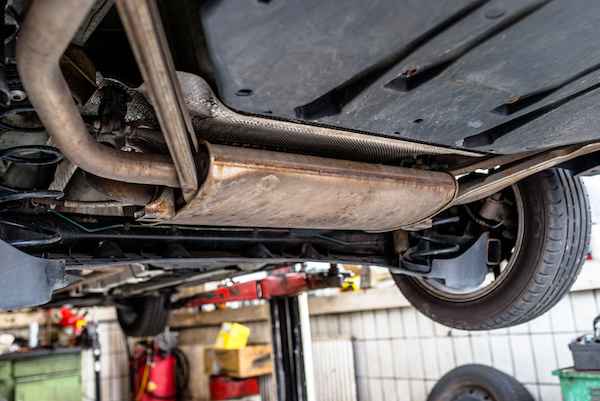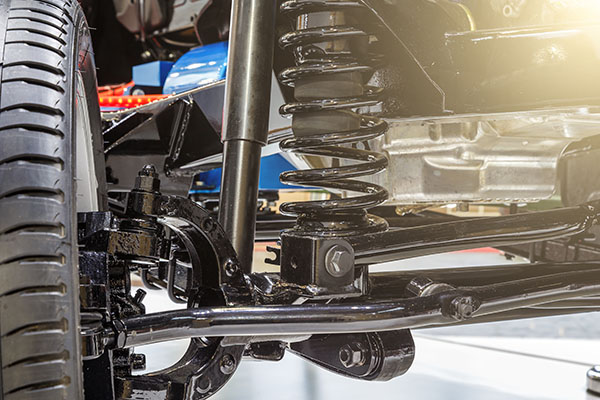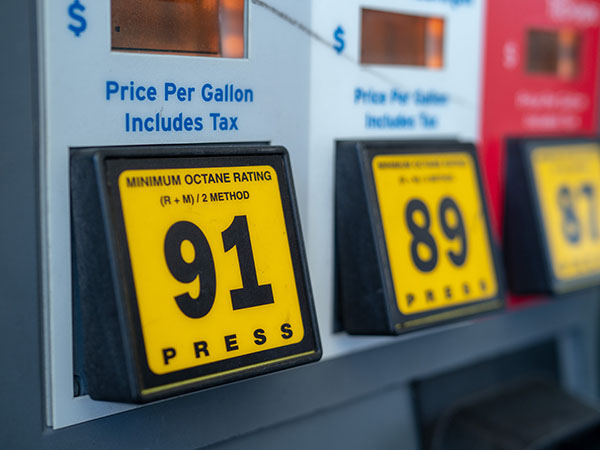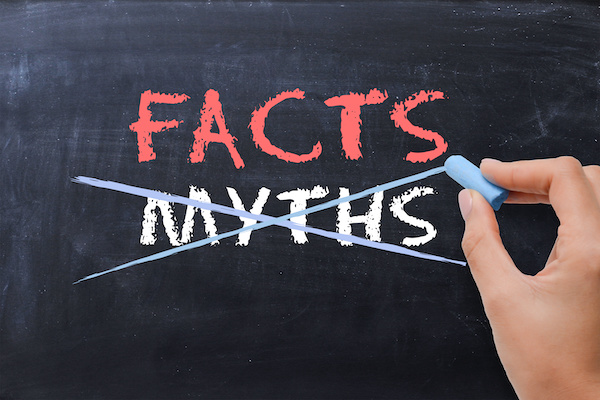Posted on 12/24/2023
.jpeg)
Car components - so many different functions, sizes, and materials. But today, we'll shed light on the tie rod—an inconspicuous yet essential part that plays an interesting role in ensuring your car responds accurately to every turn of the wheel. What Is a Tie Rod and Why Does It Matter? Hidden beneath your car's undercarriage, the tie rod is a slender but robust metal rod that acts as a vital link between your steering system and the front wheels. Its primary purpose is to transmit the force applied to the steering wheel to the wheels, allowing you to control the direction of your vehicle. Think of the tie rod as the bridge that translates your intentions into action. When you turn the steering wheel, the tie rod ensures that the front wheels follow suit, maintaining precise control over the direction of your car. How Does the Tie Rod Work? ... read more
Posted on 11/29/2023

Beneath the metal body of your vehicle lies a device as crucial to environmental health as it is to automotive function—the catalytic converter. This component works tirelessly, transforming harmful exhaust gasses into less toxic substances before they ever reach the open air. But how does it actually operate, and why is its role so integral to both our cars and our planet? Understanding the Catalytic Converter Basically, a catalytic converter is an emissions control device that reduces the pollutants emitted from a vehicle's exhaust system. It does this through a simple yet ingenious process known as catalytic conversion. Mounted within the exhaust system, it is strategically placed between the engine and the muffler to ensure maximum exposure to exhaust gasses. The key components of any catalytic converter are catalyst substances like platinum, palladium, and rhodium. These precious metals line the interior surface of the converter's chambers—surfaces that are ... read more
Posted on 10/31/2023

You're navigating a winding road, feeling the gentle sway and graceful balance of your car as it glides over every bump and curve. Amidst this serene journey lies the unsung hero of your driving experience – the suspension system. Beyond the allure of speed and style, it's the suspension system that ensures your ride remains not just smooth but safe. Join us on a journey to unravel the mystery behind this vital automotive component, exploring its intricate functions, dissecting its key components, and learning the art of nurturing its longevity through diligent care. The Function of the Suspension System The suspension system serves as your car's guardian angel, shielding you from the jolts and jounces of the road. Its primary function involves maximizing the friction between the tires and the road surface, ensuring optimal s ... read more
Posted on 9/30/2023

As you fill up your tank, you wonder, does choosing the right octane rating really make a difference for your vehicle? It's a question that often puzzles drivers as they navigate the fueling options available. Today's article will dive deep into the world of octane ratings, uncovering the impact they have on your vehicle's performance and dispelling the myths surrounding this crucial fuel choice. The Octane Rating Demystified First things first, let's demystify what octane rating means. It's a measure of a fuel's ability to resist "knocking" or "pinging" during combustion, which occurs when the air-fuel mixture ignites prematurely in the engine. In essence, higher octane fuel has a greater resistance to this knocking, ensuring a smoother and more controlled combustion process. The Right Octane for Your Engine Now, here's the crux of the matter: the right octane rating for your vehicle. Most modern car ... read more
Posted on 8/31/2023

We've all heard the tales spun around car campfires – those urban legends whispered from one person to another. But it's time to put on our detective hats, grab our wrenches of truth, and dismantle the most perplexing car myths! From the color of your car affecting your speeding habits to the mysterious rituals of warming up your engine, we're about to guide the twists and turns of automotive lore. 1. Red Cars Get More Speeding Tickets The color of your car has no impact on your likelihood of getting a speeding ticket. While flashy red cars might catch the eye, traffic cops don't have a preference for ticketing them. What truly matters is your driving behavior and adherence to speed limits. 2. Premium Fuel Makes Your Car Run Better Unless your car specifically requires premium fuel, filling up with it won't make a difference in performance. Most cars run perfectly fine on regular unleaded gasoline. Using premium fuel when it's not needed is just a cos ... read more